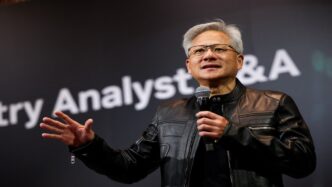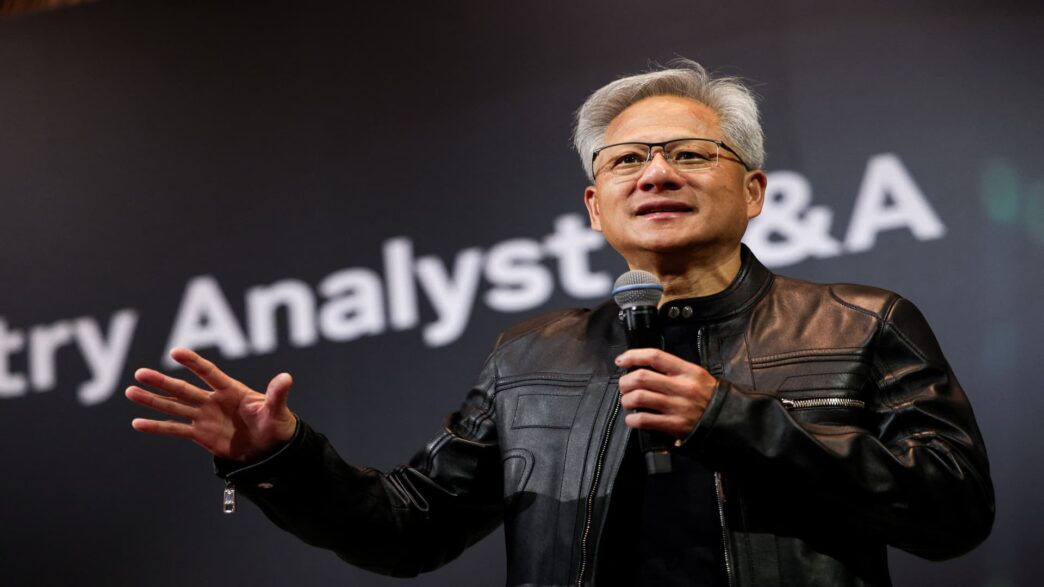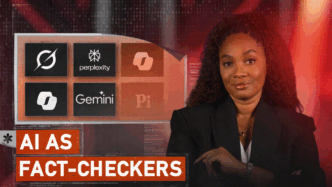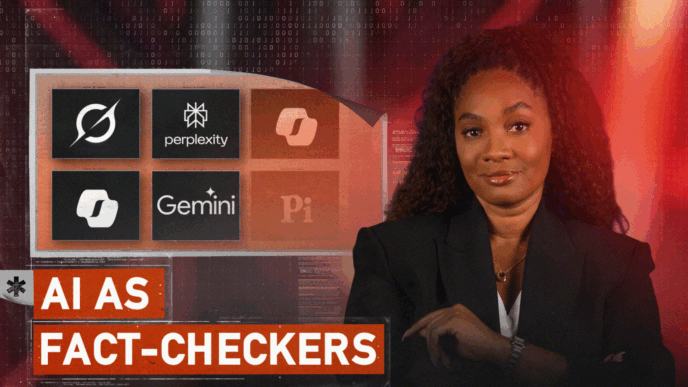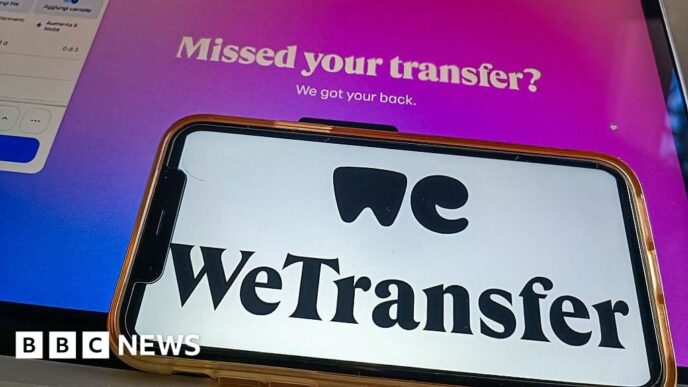Nvidia plans to restart sales of its H20 GPUs to China after U.S. export curbs halted shipments.
The U.S. government required a license to sell these chips to China starting April, stopping all sales. The H20 was designed to sidestep previous export restrictions.
Now, Nvidia says licenses will be granted, and deliveries should resume soon.
CEO Jensen Huang has pushed hard against export controls, arguing they hurt U.S. tech leadership and slashed Nvidia’s China market share by almost half. His talks with President Trump last week reportedly helped shift the stance.
"The U.S. government has assured NVIDIA that licenses will be granted, and NVIDIA hopes to start deliveries soon," the company said.
Washington and Beijing recently agreed on a tentative trade framework easing some export limits. Nvidia also introduced the "fully compliant" RTX PRO GPU, pitched for factories and logistics—though if it’s cleared for China isn’t confirmed.
Reports say Nvidia developed a simpler AI chip for China post-restrictions, but the H20 return is still a surprise. Analyst Ray Wang called lifting the ban “a significant and positive development.”
"The lifting of the H20 ban marks a significant and positive development for Nvidia, which will enable the company to reinforce its leadership in China," Wang said.
"The resumption of H20 shipments — alongside the upcoming rollout of new export control-compliant AI chips for the Chinese market — should serve as a fresh growth catalyst in the coming quarters."
Nvidia shares jumped 4.5% on Robinhood early Tuesday.
Huang is currently in China meeting officials to promote AI and discuss safe, secure research.
Despite some expectations that export curbs would help local players like Huawei, China’s AI chip industry still trails Nvidia and top chipmakers like TSMC.
Oxford Economics economist Louise Loo said reversing the ban gives Chinese manufacturers more time to develop homegrown tech.
"We know from from our conversations with clients and market participants, that manufacturers in China are preferring these Nvidia chips," Loo added.
